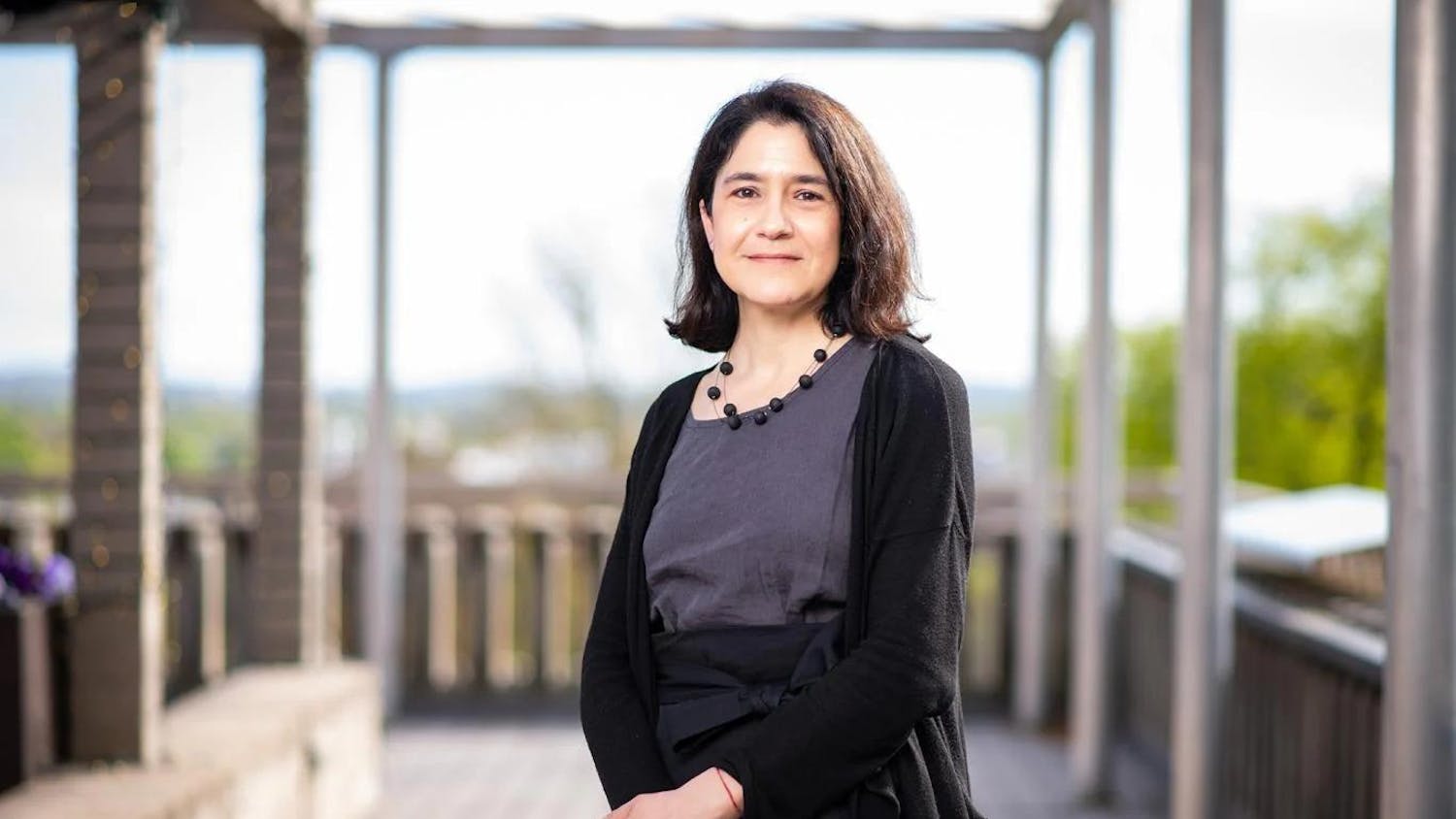The Cambridge City Council held a special meeting on Jan. 18 to discuss the protocols of the Cambridge Police Department after police fatally shot Sayed Arif Faisal earlier this month. Faisal was a 20-year-old Cambridge resident and engineering student at UMass Boston.
Since his death, the Bangladesh Association of New England has raised over $61,000 for Faisal’s family. In a statement released earlier this month, Cambridge Mayor Sumbul Siddiqui offered her condolences to Faisal’s family.
“I did not have the opportunity to know Faisal in life, but I have learned from his loved ones over the past week that he was a kind and thoughtful friend with a warm smile and big heart,” Siddiqui wrote. “At his funeral on Saturday, I heard about a bridge builder who was generous and deeply committed to his community. Everyone knew him as a support system with big plans and great potential. Instead, his parents had to bury their only child—who they lovingly called Prince—at the age of twenty. I know this grief is felt across our city.”
Siddiqui called a Jan. 12 community meeting and the city council meeting to provide information about the incident and uplift the voices and concerns of residents and the Bengali community. Representatives from the Cambridge Police Department, Cambridge Holistic Emergency Alternative Response Team and Muslim Justice League were also present at the city council meeting.
Cambridge Police Commissioner Christine Elow provided a description of the incident to the City Council. According to Elow, on Jan. 4 the department received reports of a man, later identified as Faisal, who jumped out of a window and cut himself with glass and a knife. Officers approached Faisal and attempted to convince him to drop the knife after pursuing him for over five blocks.
Elow described Faisal as unwilling to cooperate with officers. Elow stated that after trying to deescalate the situation, officers fired their 40-millimeter non-lethal sponge round. Once this also proved to be unsuccessful, one officer, who has yet to be to be identified, used lethal force.
Elow defended the department’s use of force.
“We train to stop the threat. Aiming for a small target in a very stressful, rapidly evolving event is not safe or practical and more likely than not, we would not hit the intended target and may actually injure an innocent bystander,” Elow stated in the meeting.
Residents and city councilors expressed confusion as to why the officer who killed Faisal is yet to be named.
“We still have to wait for the district attorney’s investigation to complete,” Elow said. “Until that, we do not have criminal charges pending, there is no discipline pending and we do not see any glaring policy violations. So for that reason, we are not currently going to release the name of the officer.”
Elow noted that the Cambridge Police department is one of the most “progressive, well-trained national leaders in policing” and constantly seeks to improve its service. The Department is the third in New England to participate in the Integrating Communications Assessment and Tactics training, a course designed to provide officers with the tools to de-escalate incidents involving people experiencing crises.
Despite this police training, residents are not convinced of the Cambridge Police Department’s ability to address mental health crises such as Faisal’s. Residents demanded that the City Council fund the Cambridge HEART, a community-based public safety program designed to dispatch trained, trauma-informed staff to address the needs of those in crisis.
Residents are angry with the disparities in HEART funding. In the 2023 fiscal year, the city of Cambridge has allocated $73.5 million toward its police department. The city has yet to allocate funds to HEART despite having approved the program a year and a half ago. HEART is currently seeking $2 million to become fully operational by 2023.
Mike Prince, an emergency responder at Cambridge HEART, spoke to the council about the importance of trauma informed responses in crisis situations.
“I am a person from this community who has lived traumatic experiences, which aids me when assisting a person in crisis. Being trauma-informed means understanding a person can be extremely elevated or low and still deserve proper human treatment,” Prince told the city council. “The police are trained to use force and violence and are not necessary for every crisis.”
Prince noted that unlike officers, trauma-informed crisis responders are better trained in de-escalation tactics.
“Sayed did not have to die. … If there was a trauma-informed response, things could have been different. We don’t need the city to invest more money in policing,” Prince said. “The city needs to invest in other options for residents to call when they need support. This is why we want the city to invest in Cambridge HEART and hire more people from our community who can handle these types of calls.”
Others also called on the Cambridge City Council to divest from the police, reinvest in social services and increase police transparency.
Fatema Ahmad, executive director of the Muslim Justice League, a non-profit in Boston, asked councilors to invest in resources that would increase public safety.
“We have to look at both creating true alternatives across the board, not just to address mental health, which is clear here, but housing, traffic and so much more,” she said. “We have to talk about actually taking away violent response from the police because every aspect of this, from chasing him to shooting him with a sponge grenade and then actually using firearms, was violent. We want to see change.”






